Artificial Intelligence (AI) is revolutionizing the financial trading landscape, bringing unparalleled precision, speed, and efficiency to the market. As AI technologies continue to advance, their influence on trading strategies and decision-making processes grows, promising a future where human and machine collaboration yields unprecedented financial outcomes. This article delves into current trends and future predictions in AI-driven financial trading, highlighting how this technology is reshaping the industry.
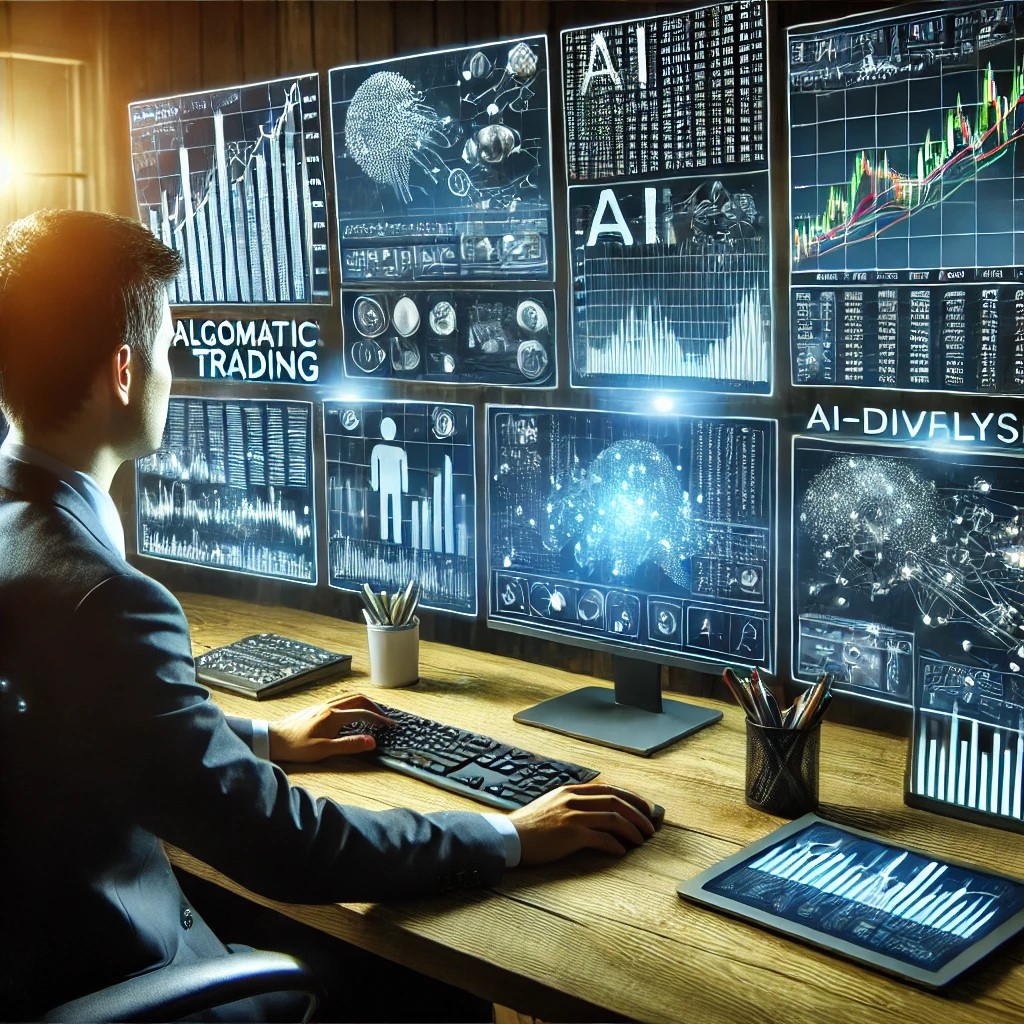
Current Trends in AI-Driven Financial Trading
Algorithmic Trading
Algorithmic trading, or algo-trading, uses AI algorithms to execute trades at optimal times and prices. These algorithms analyze vast amounts of data, including historical prices, market trends, and economic indicators, to identify trading opportunities. High-frequency trading (HFT), a subset of algo-trading, leverages AI to make thousands of trades per second, capitalizing on minute price discrepancies.
Robo-Advisors
Robo-advisors use AI to provide automated, algorithm-driven financial planning services with little to no human supervision. They create and manage investment portfolios based on an individual’s risk tolerance and financial goals. Robo-advisors have democratized access to investment advice, making sophisticated portfolio management available to a broader audience at lower costs.
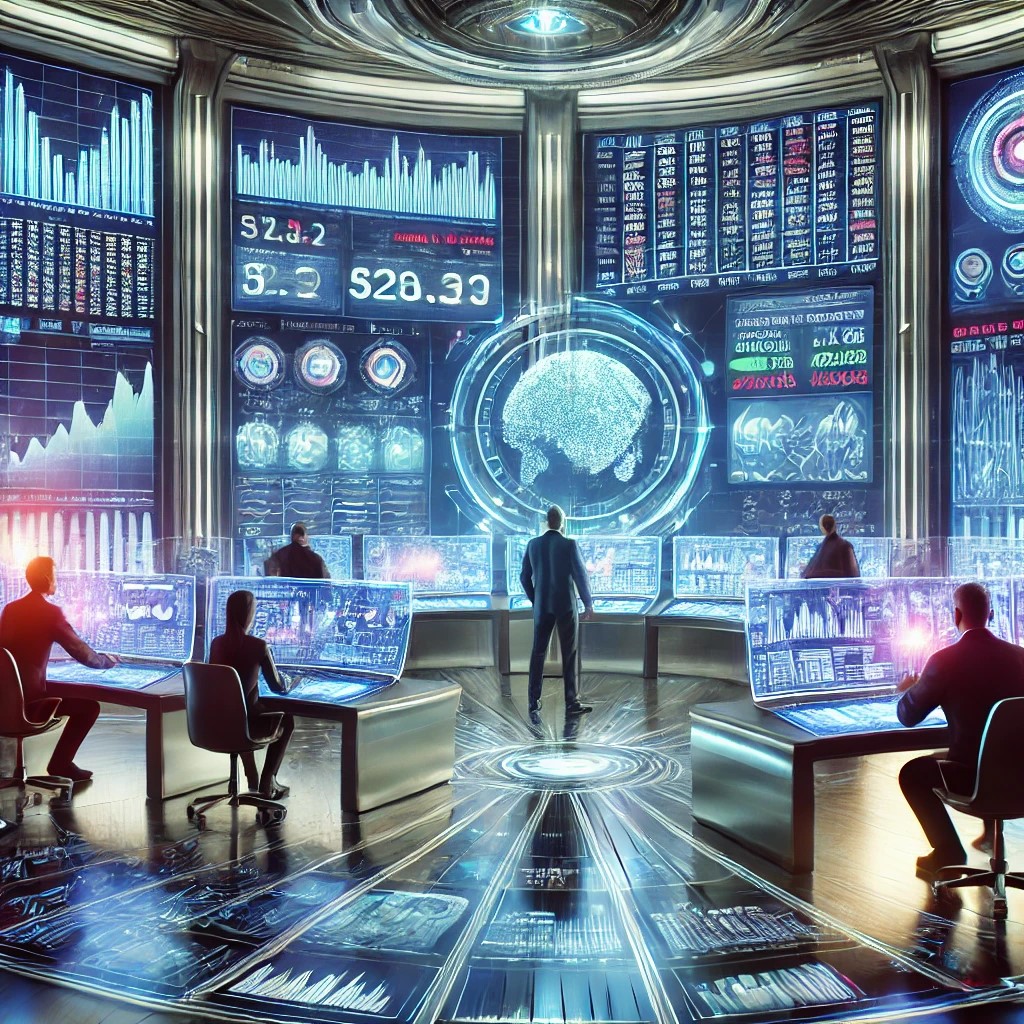
Future Predictions for AI in Financial Trading
Enhanced Decision-Making
AI’s ability to process and analyze large datasets will continue to enhance decision-making in trading. Future AI systems will integrate more diverse data sources, including alternative data like satellite imagery and IoT data, to provide deeper insights. This integration will lead to more accurate predictions and better-informed trading strategies.
AI and Quantum Computing
Quantum computing holds the potential to exponentially increase the computational power available to AI systems. In trading, this could mean processing complex calculations and simulations in seconds rather than hours. The combination of AI and quantum computing could unlock new trading strategies and optimize existing ones, leading to more efficient markets.
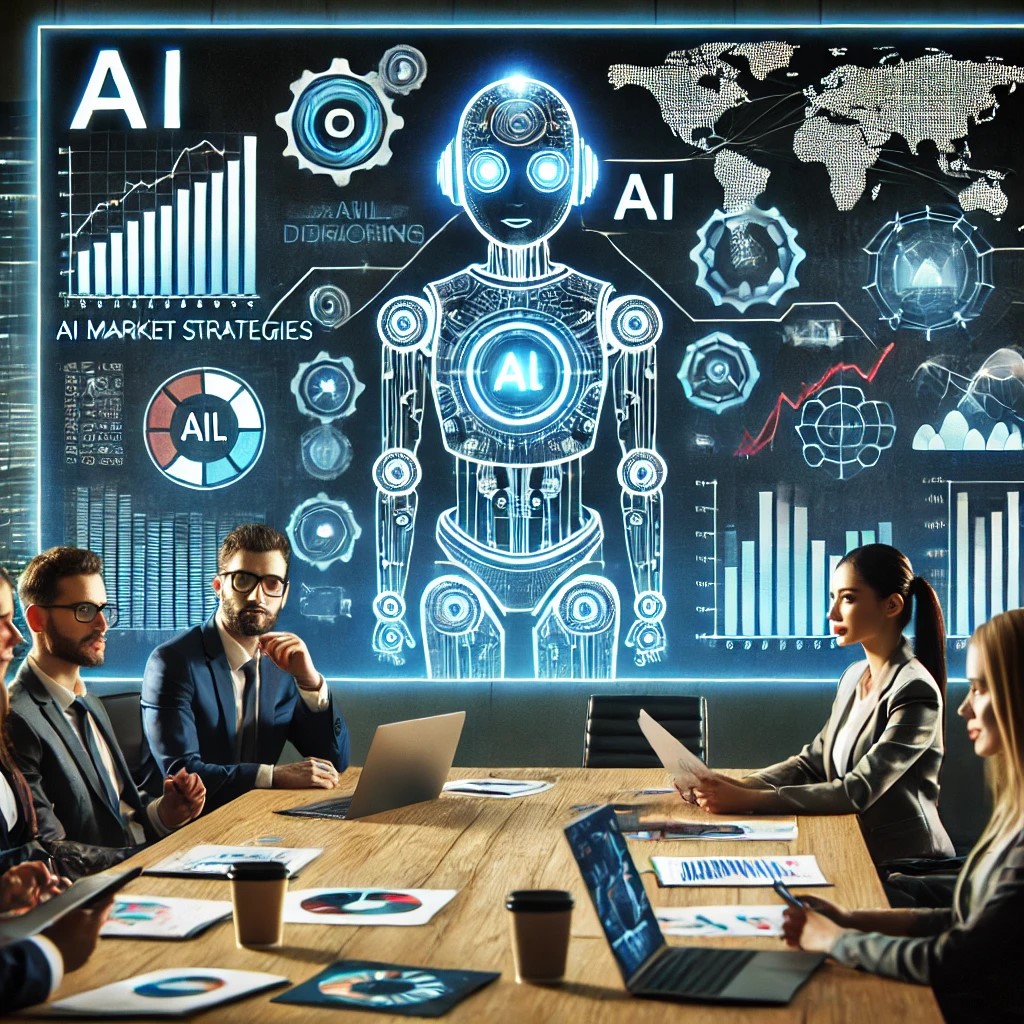
Increased Automation and Customization
The future will see even greater automation in trading, with AI systems handling end-to-end trading processes. This will include everything from data analysis and strategy formulation to trade execution and risk management. Additionally, AI will enable highly customized trading strategies tailored to individual investor profiles and market conditions, enhancing personalized investment experiences.
Challenges and Considerations
While the benefits of AI in financial trading are significant, there are also challenges and considerations to address:
Risk of Over-Reliance
There is a risk of over-reliance on AI systems, which can lead to systemic vulnerabilities. Market participants must maintain robust risk management practices and ensure human oversight to mitigate these risks.
Conclusion
Artificial Intelligence is undeniably transforming the landscape of financial trading, offering new levels of efficiency, accuracy, and innovation. As AI technologies evolve, their integration into trading strategies will become even more sophisticated, driving future advancements in the financial markets. By embracing AI, traders and institutions can stay ahead of the curve, leveraging technology to achieve better financial outcomes while navigating the associated challenges responsibly. The future of financial trading lies in the synergy between human ingenuity and artificial intelligence, paving the way for a more dynamic and resilient market.
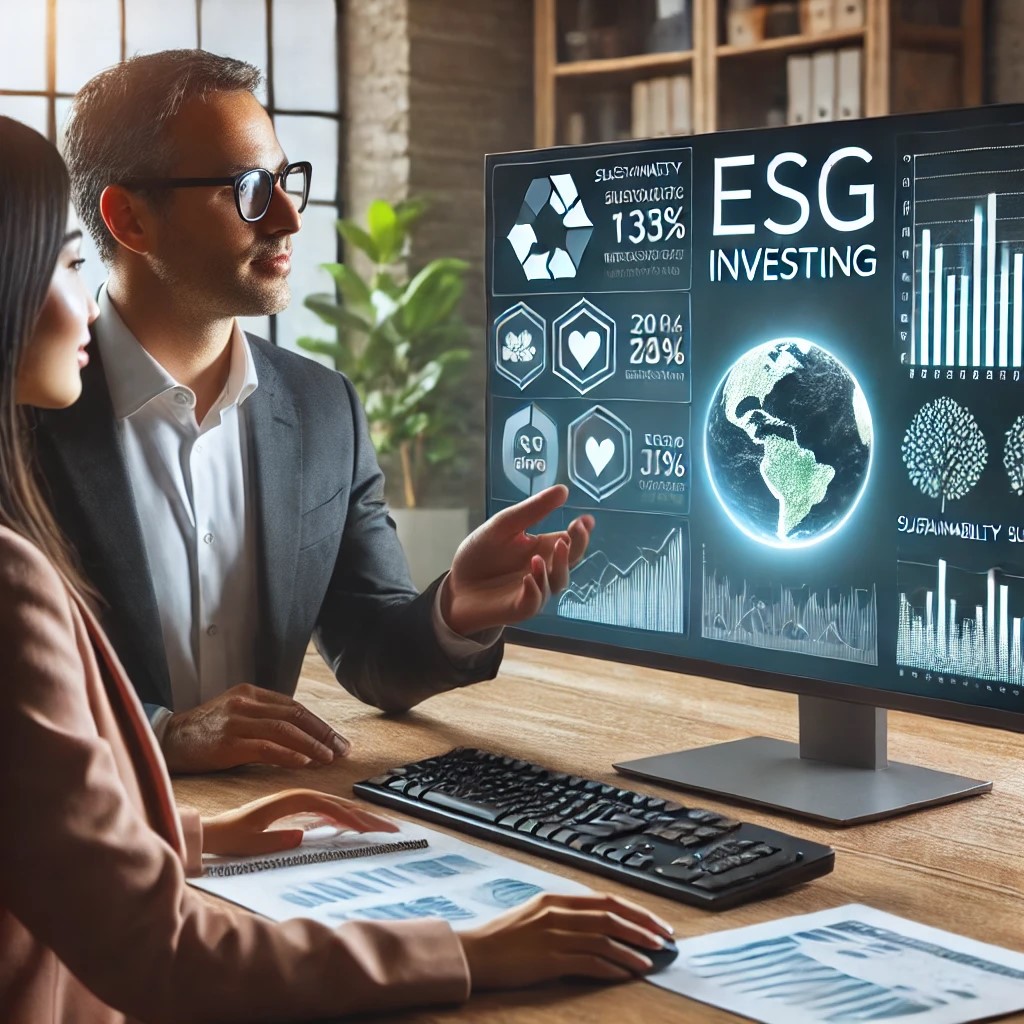
Understanding the Basics of Financial Ethics

Turning Your Crypto into Cash Cows: A Guide to Lending
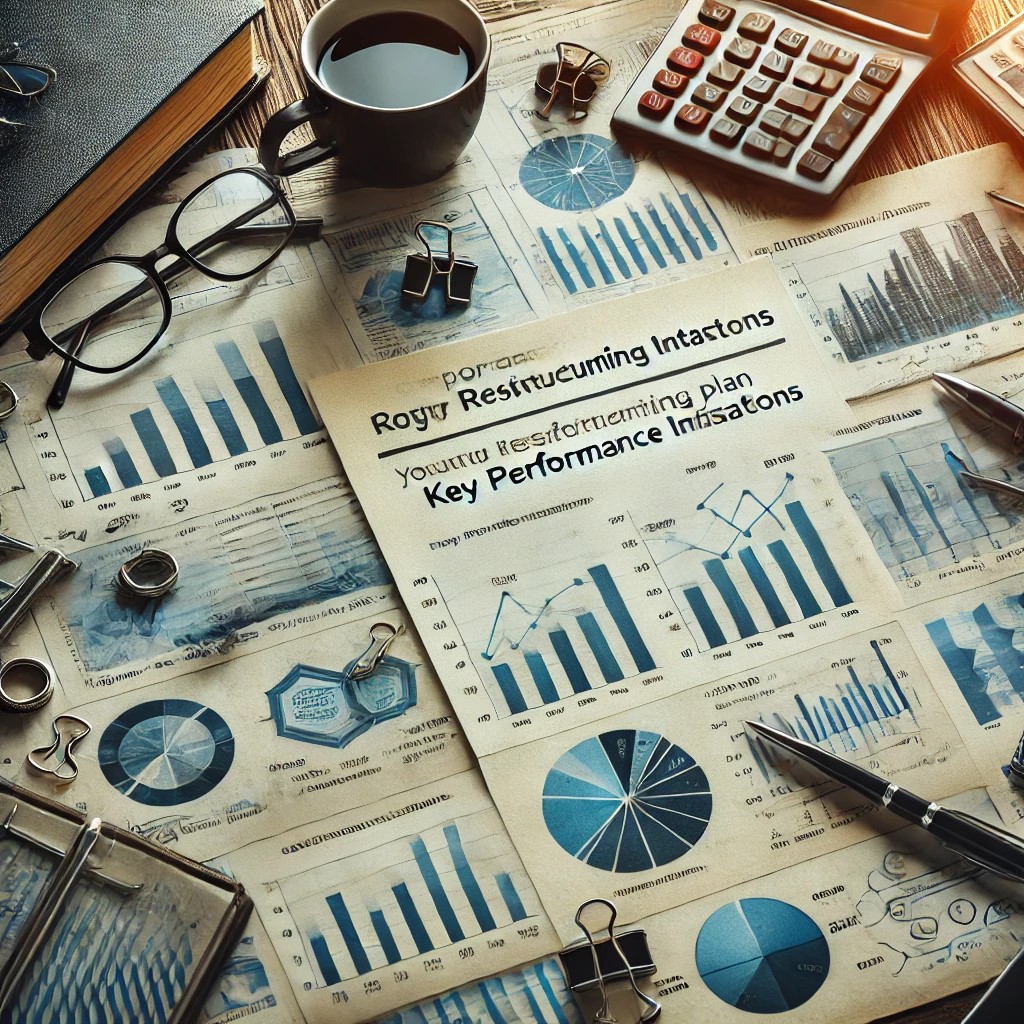
The Role of Corporate Restructuring in Financial Performance
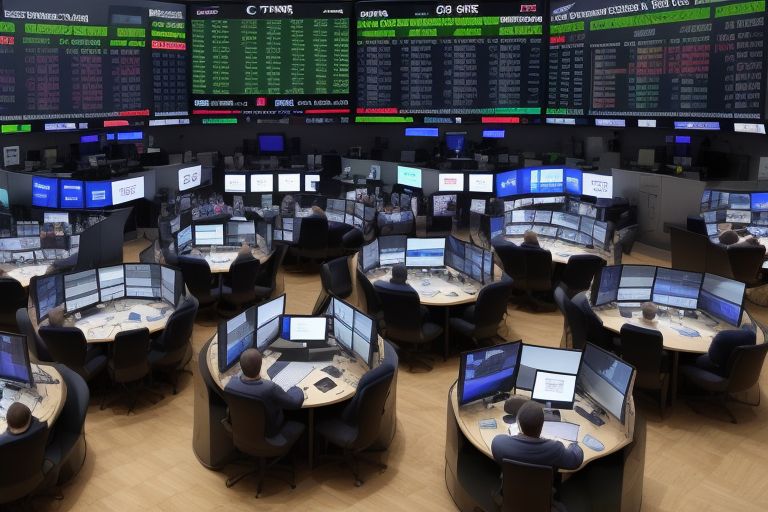
Crypto and Stocks: Diversifying Portfolio in the Digital Age
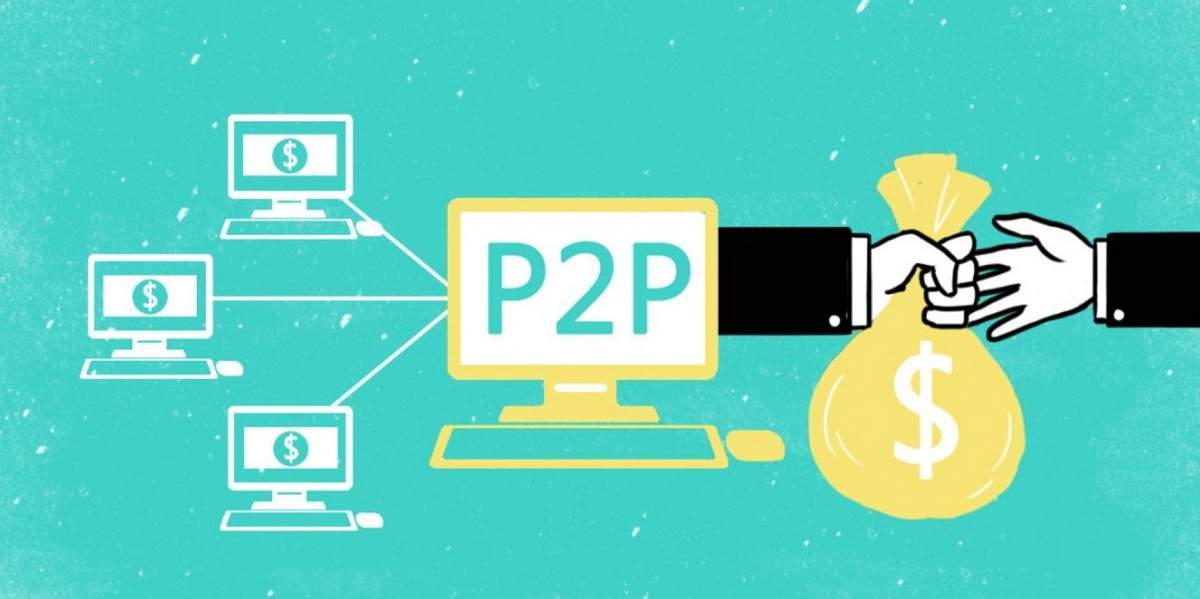
How to Build a Passive Income Portfolio
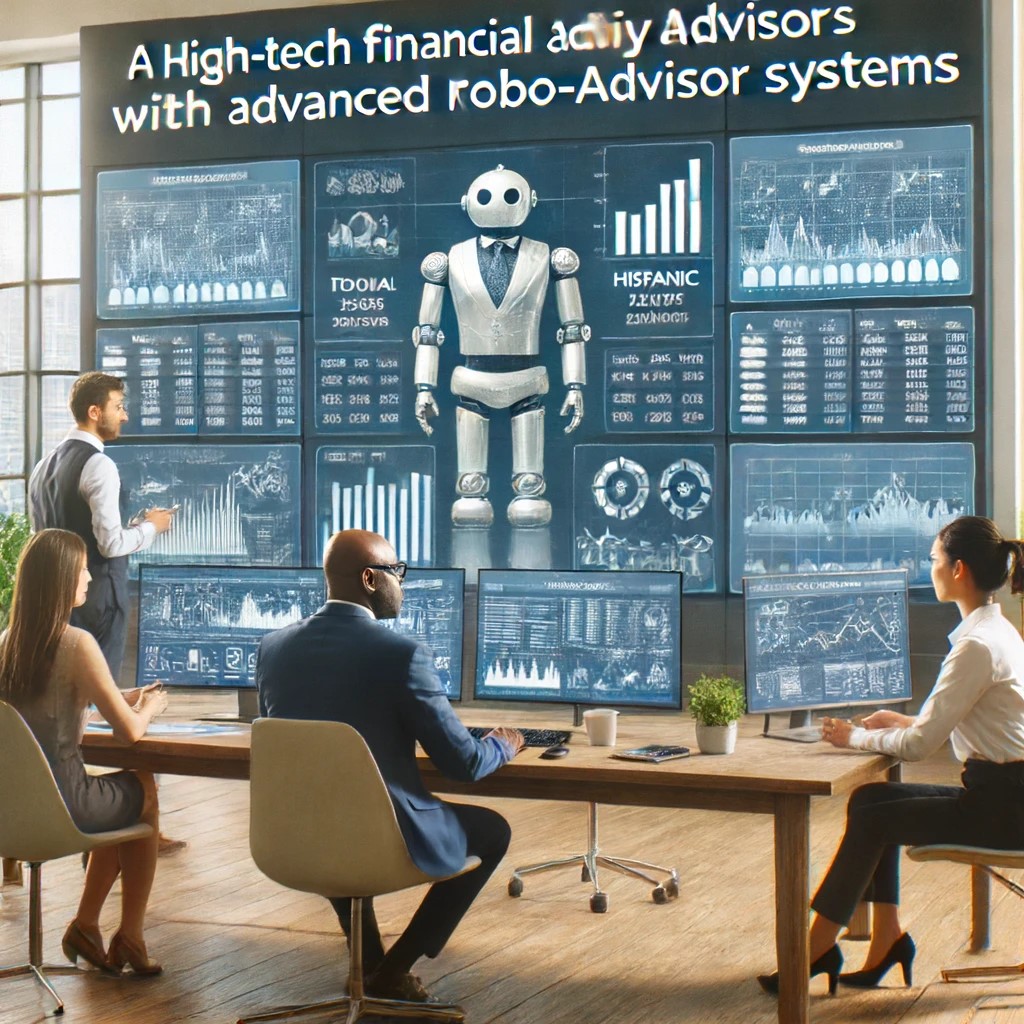
The Rise of Robo-Advisors and Its Effect on Traditional Investing

The Role of Ethical Investing in Financial Markets
